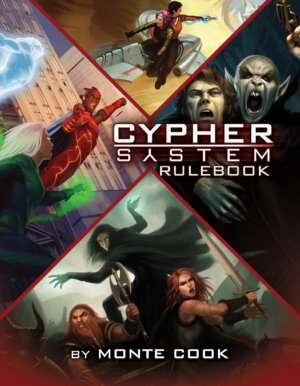
Publisher: Monte Cook Games
Designer: Monte Cook
Year: 2015
Players: It’s an RPG, so two or more
Ages: 13+
Playing Time: Ongoing
Pages: 416 pages
Retail Price: $59.99 for the physical book, 19.99 for the PDF at DriveThruRPG
While Numerera was the big initial release for Monte Cook Games in 2013, and then The Strange followed in 2014, the big thing this year for the company is the Cypher System core book. Numera took players to a land which was a mash up of fantasy and SF and The Strange plopped gamers into a modern day setting where they could travel to pocket dimensions which could be anywhere from Barsoom, Oz, or even Sherlock Holmes’ London. Now MCG has stripped away much of the setting info from the previous games and is presenting the engine which drives their previous releases as a standalone product.
The Cypher System is a generic roleplaying rules set which expands upon what Cook has already firmly established the company bearing his name around. The first thing I’ll have to point out is that if you aren’t a fan of Numenera or The Strange you simply aren’t going to dig the base system either; these are the core concepts which drive the other titles so rules lawyers beware and those who discount story need to move along since there’s going to be nothing to see here.
You’re either a Monte Cook sort of GM or you’re not. There’s really no way of getting around it. I’ve always believed a good tale to be shared with your players is king and rules be damned; none of my players ever found themselves sitting through two hours of gameplay focused around one battle (hell, that’s what miniature rules are for) and if I had a great adventure to run my friends through, you could toss me a few coins for everyone to flip to provide random pass/fails and I’d be happy as a clam. In fact I passed the time on long walks with some high school friends, back in the day, doing exactly that same thing.

It turned out the guy I was talking to had provided all the artwork for his book so he didn’t take my comment very well. C’est la vie… Since I tell people all the time I don’t have a dog in the fight I can’t smack them in the head if they don’t understand people want to buy something which looks cool. It’s a good thing companies who use me as a Kickstarter consultant by into my key rules of being successful. Thankfully, Cook and his team have provided yeoman’s work once again and subscribe to my thought process as well..
Diving into the meat and potatoes of the book, you’ll be introduced to a high level overview of the system to get the proceedings off to a start. The Cypher System isn’t a rules heavy core set to start with so you’ll be treated to Cook’s thoughts on what makes for a good RPG game. Next up is a discussion of characters.
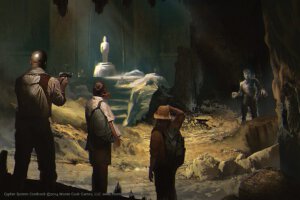
Yeah… I’m with you if you feel underwhelmed as far as the character types included in what’s supposed to be a generic, cover all the bases system. Granted the inclusion of Flavors, Descriptors, and Focus give one an opportunity to custom craft the characters a bit more but you’re still looking at things along the line of “stealth” (considered a Flavor), “skeptical” (a Descriptor), and the strangely phrased as a verb “pilots starcraft” (Focus) to bring more personalization to your character; I really dislike the Focus presented as a verb as it comes across as kind of stupid. Okay, not stupid but sort of childish in my way of looking at it.
I can’t say the character creation is horrible since it toes the line of what many have become very familiar with to those who play Pathfinder or Dungeons & Dragons but this was a bit of a knock I had against Numenera in my previous review of that book. I understand putting characters together can be one of the most daunting tasks for gamers and designers alike; these are the personas gamers are going to traverse (hopefully) a 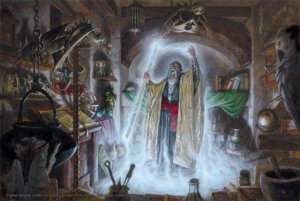
The base rules clock in at around thirty pages and if you’d like to get more into the meat and potatoes of the rules swing on over to my Numenera review as much of what you’ll be exposed to is the same as in that system. To my naked eye it looks as if there are a few minor tweaks but the skeleton hasn’t changed much. What you’ll find in this core book is the inclusion of various genres to utilize the core rules.
You’ll find about fifty pages devoted to five genres: Fantasy, SF, Modern, Horror, and Superheroes. Each of these genres receive optional rules aimed at running games entrenched in those subsets of RPGs. Personally, I think the Supers and Horror sections are a lot more useful than the other three but, once again, you aren’t reading about hard and fast rule options but more along the lines of recommendations for the GM about how best to bring these genres to the gaming table.
There are also sections tackling optional rules and equipment totally around fifty pages. As with any generic system they cover a wide gamut of various sorts of games so only a few pages will probably come into play depending on what genre the GM is choosing to run.
Finally we have a GM’s section which includes a hodge-podge bestiary as well as a Cypher section. The bestiary is a little all over the place (what do you expect from a core book looking to be a generic system?) and there’s carryover from earlier MCG titles. Cyphers came about in Numenera and represent one shot sort of items – in the aforementioned game these were normally ancient tech items players ran across – which give the players a power boost of some sort. Cyphers in reality are really just one time advantages a player can use regardless of the genre.

There has to be a good thirty points in the Cypher core book which I could easily carry over to any gaming system I’d choose to take to my gaming table. I’m of the firm belief Cook released the core rules as a way to license out the game to those wishing to create setting books (ala the immensely popular Savage Worlds) so I understand the direction of this release. If you haven’t picked up Numenera or The Strange you owe it to yourself to snatch this up because it really is a good core book. This might not be the game to use with your group of players but there’s a lot here to make your games even better.
Don’t think for a moment that I don’t think MCG hasn’t put together a really nice product. There’s a lot in the book which I’m a firm believer of including in a good session of roleplaying. The writing is well done, there’s a lot to mull over as far as how you may have run an RPG in the past, and the skeleton of the system is solid as far as what most people these days expect from their roleplaying game.

For those who haven’t taken a chance on any of the titles coming out of Monte Cook Games, and believe what’s important about roleplaying isn’t all spending thirty minutes figuring out how one character is going to grapple an NPC but rather the story everyone around the table is having a blast getting into is, I highly recommend picking up the Cypher core book. Granted, this isn’t my perfect RPG rule set. Then again I haven’t run across anything perfect – as far as rules – since I got into the hobby in 1979 so I can’t bust anyone’s chops for not providing one now. Or in other words, there is no perfect roelplaying game anywhere but in the imagination of designers so we make do with the really good stuff we get to put in our hands.
I can’t see the Cypher system derailing the powerhouse which is Savage Worlds but there’s still a hell of a lot of great nuggets to mine from this rule set. For myself I’ll give the core book the same review score as I did Numerera since I think what you receive is just as solid as the 2013 release. There’s no reason to own both but any GM worth their salt owes it to him or herself to own one. You might think the overall score is higher than the review may lead you to believe but I compare the rule book to what’s on the market right now and it really is an excellent release.
[rwp-review id=”0″]
- Chivalry & Sorcery Fifth Edition Reviewed - Nov 3, 2024
- Campaign Builder: Castles & Crowns Reviewed - Nov 2, 2024
- The Roleplaying Game of the Planet of the Apes Quickstart | First Look and Page-Through - Nov 1, 2024




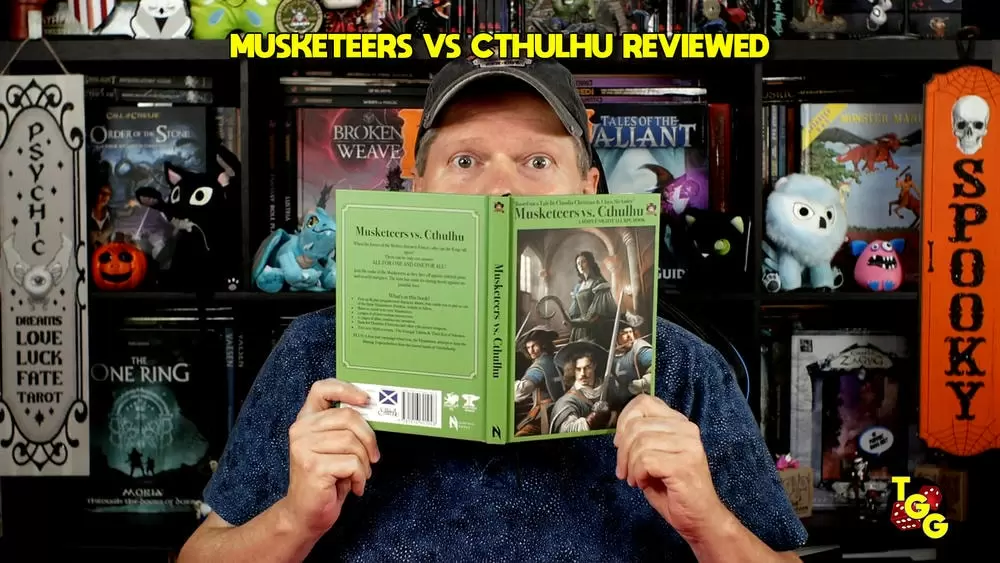
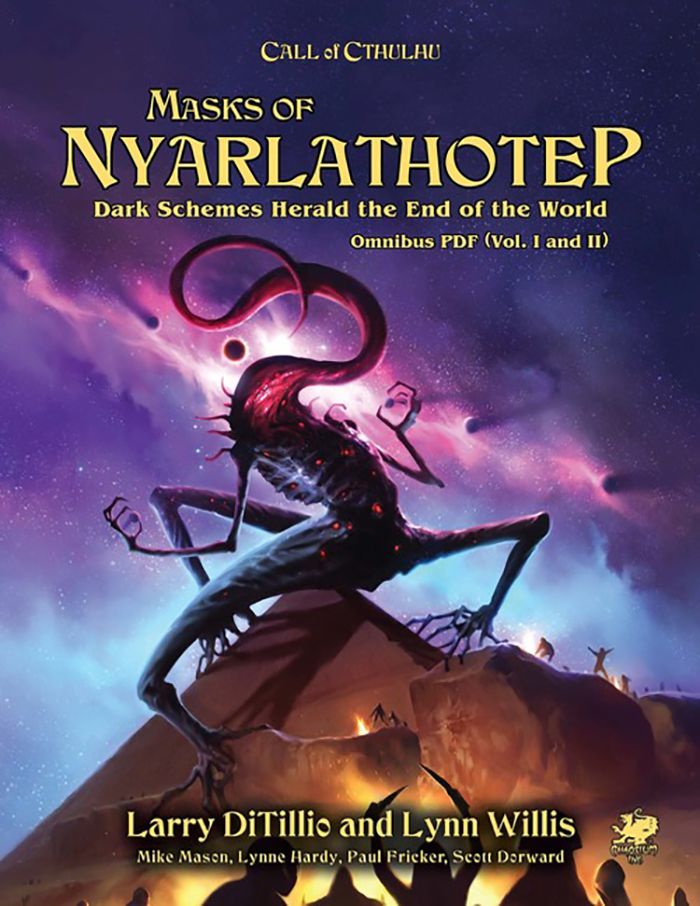
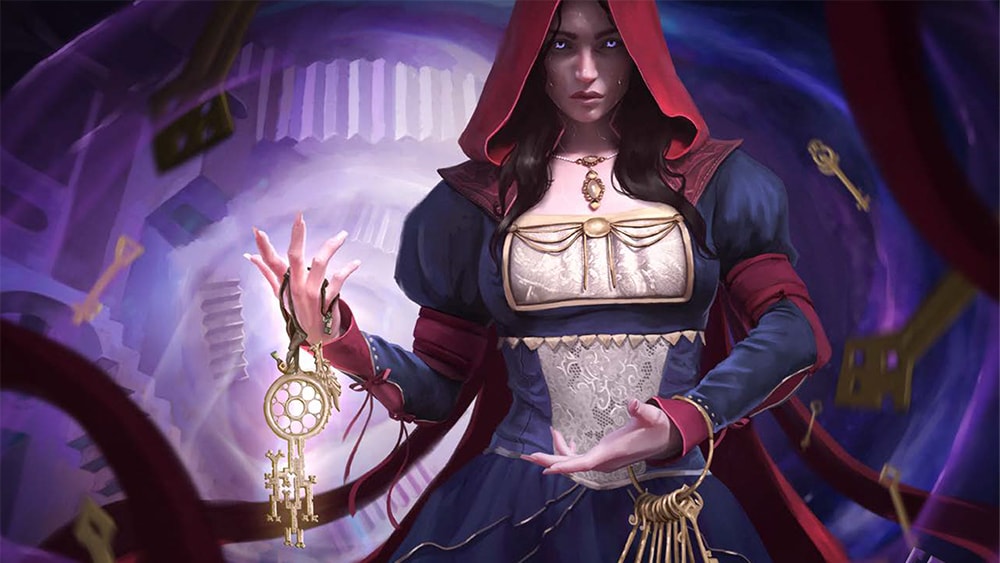
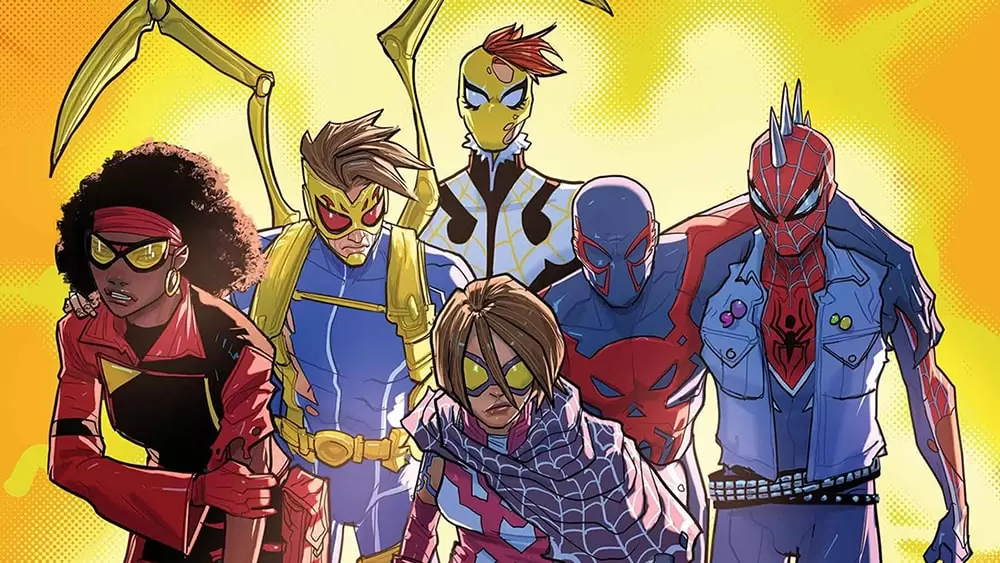
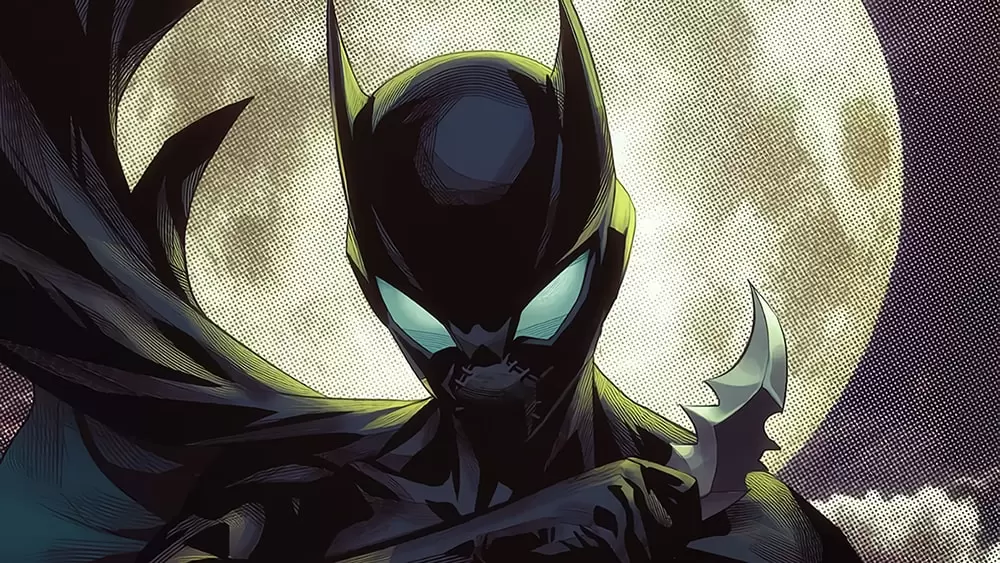
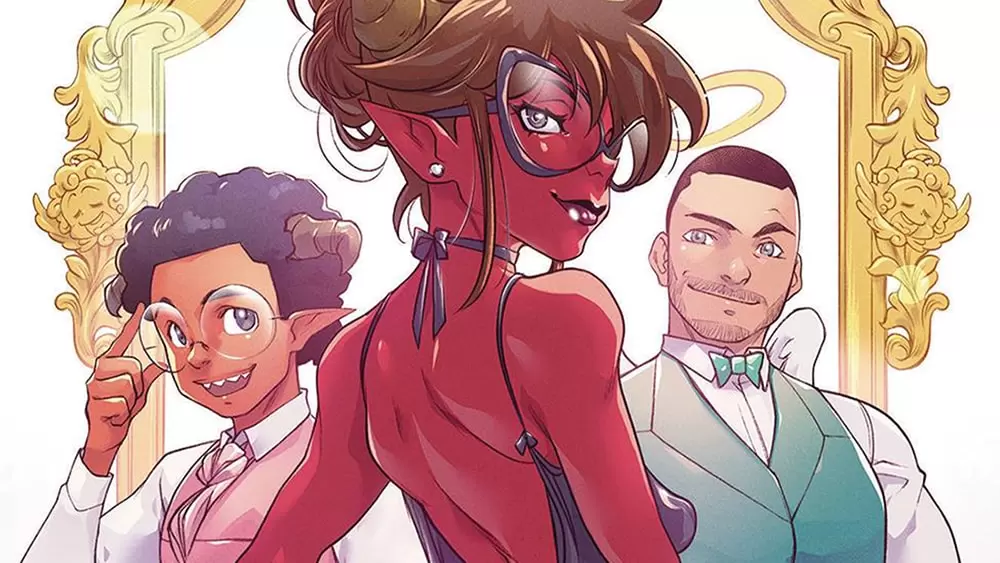

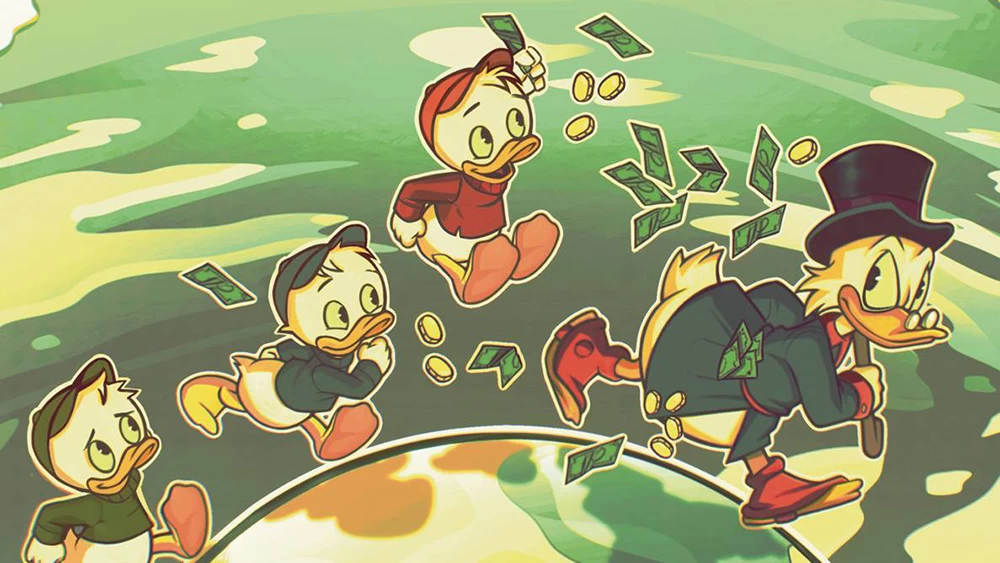
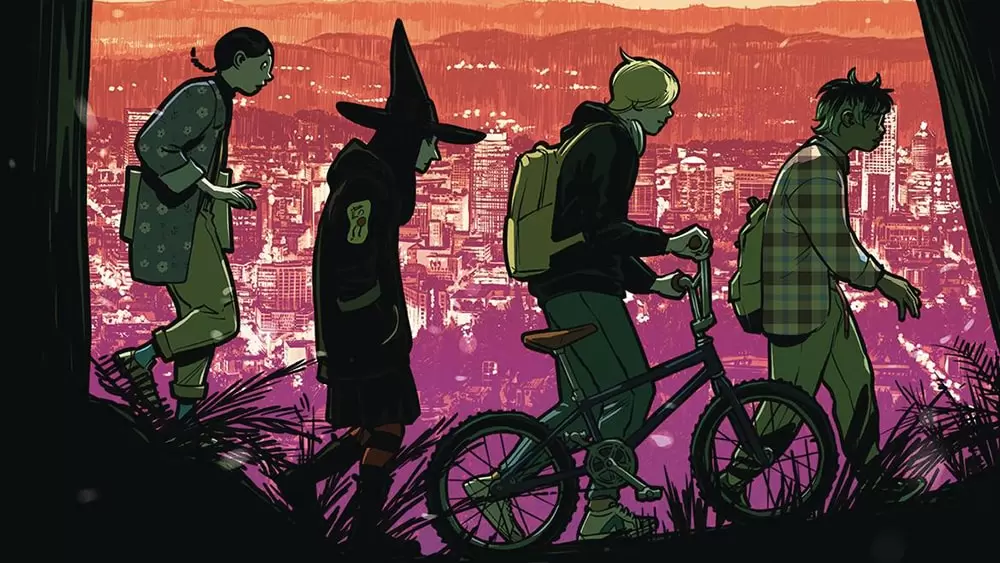

Some one else who sullied their hands with a copy of HOL? I can’t even give my copy away. Maybe it should be consigned to recycling.
I actually had a copy of the core book and the expansion, which came out at the same time. Pretty terrible overall as a game and almost as bad as satire alone.